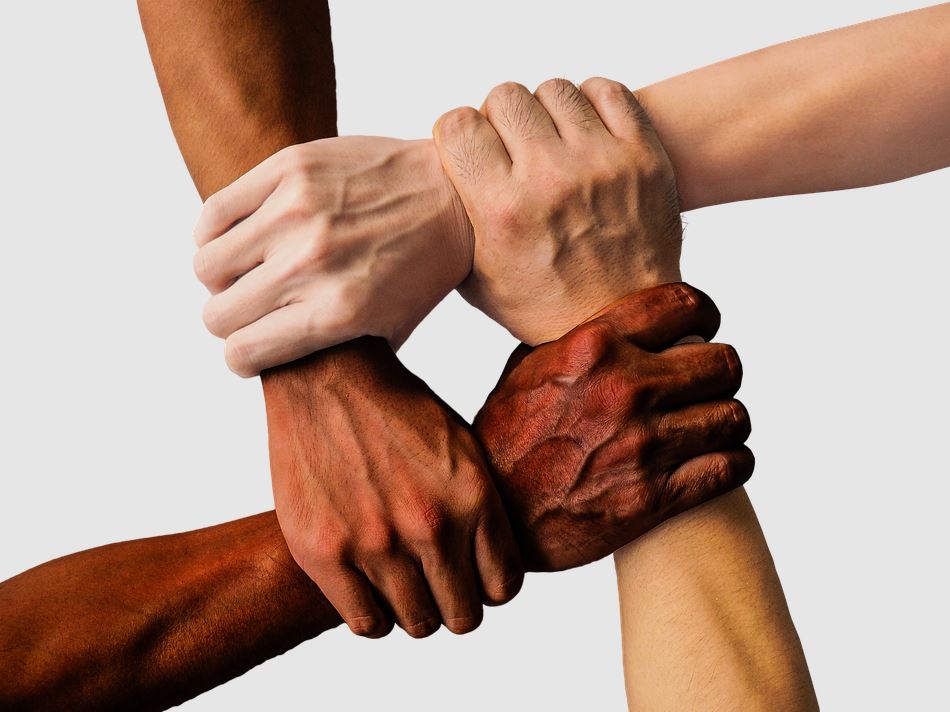
Underrepresented groups in the United States face unique struggles regarding mental illness. This includes the mental health needs of the Black community and other underrepresented communities like indigenous groups and people of color. BIPOC stands for Black, Indigenous, and People of Color. Other underrepresented groups also include members of the LGBTQ+ community. And it is these populations that are recognized during the month of July for National Minority Mental Health Month.
National Minority Mental Health Month has been formally recognized since 2008 and was established to promote and be effective in addressing mental health for all. This awareness month is also much more than just bringing awareness to the mental health needs of these populations, but sheds light on inequities due to systemic barriers and historical adversity. It is important to consider all these factors including lived experiences and cultural differences when working with clients of various backgrounds.
Mental Health Resources for Underrepresented Populations
Many organizations, non-profits, and mental health outlets have resources and training for mental health matters and working with clients of diverse backgrounds. We at OneOp FD wanted to share several of these great resources we’ve found to help with working with underrepresented populations in a mental health capacity.
- The first is from Mental Health America and focuses on BIPOC Mental Health This article stresses the importance of “person-first” language, which prioritizes individual identity and unique experiences over a client’s mental health status. There are also many great links to mental health statistics and general information for various populations including Black/African American, Latinx/Hispanic American, Asian American/Pacific Islander, Native/Indigenous Communities, People of Multiracial Backgrounds, and the LGBTQ+ community.
- The U.S. Department of Health and Human Services has the Office of Minority Health, whose goal is to develop health policies and programs designed to eliminate health disparities for racial and ethnic minority populations. They share a knowledge database, news, and cultural competency resources that spotlight various issues and topics that minority populations face.
- The National Alliance on Mental Illness (NAMI) shares this National Minority Mental Health Month event page for their “Together for Mental Health” campaign. This event page has links to various blog posts, social media posts, and their Strength over Silence documentary miniseries, available on YouTube.
- SAMHSA, or the Substance Abuse and Mental Health Services Administration, shares the post on Behavioral Health Equity. Behavioral Health Equity is “the right to access quality health care for all populations regardless of the individual’s race, ethnicity, gender, socioeconomic status, sexual orientation, or geographical location. This includes access to prevention, treatment, and recovery services for mental and substance use disorders.” This page provides many featured resources and data on behavioral health disparities for minority and underserved populations.
- Finally, the National Child Traumatic Stress Network (NCTSN) provides many public awareness resources on various mental health topics and issues within underrepresented groups. Many of these resources focus on trauma-informed care and culturally responsive approaches.
We hope many of these resources help in your clinical work and help to shed light on barriers that minority and underserved populations face.
Blog Image: Photo from Pixabay [Hands Team United by truthseeker08, Dec. 20, 2016, cc0]














